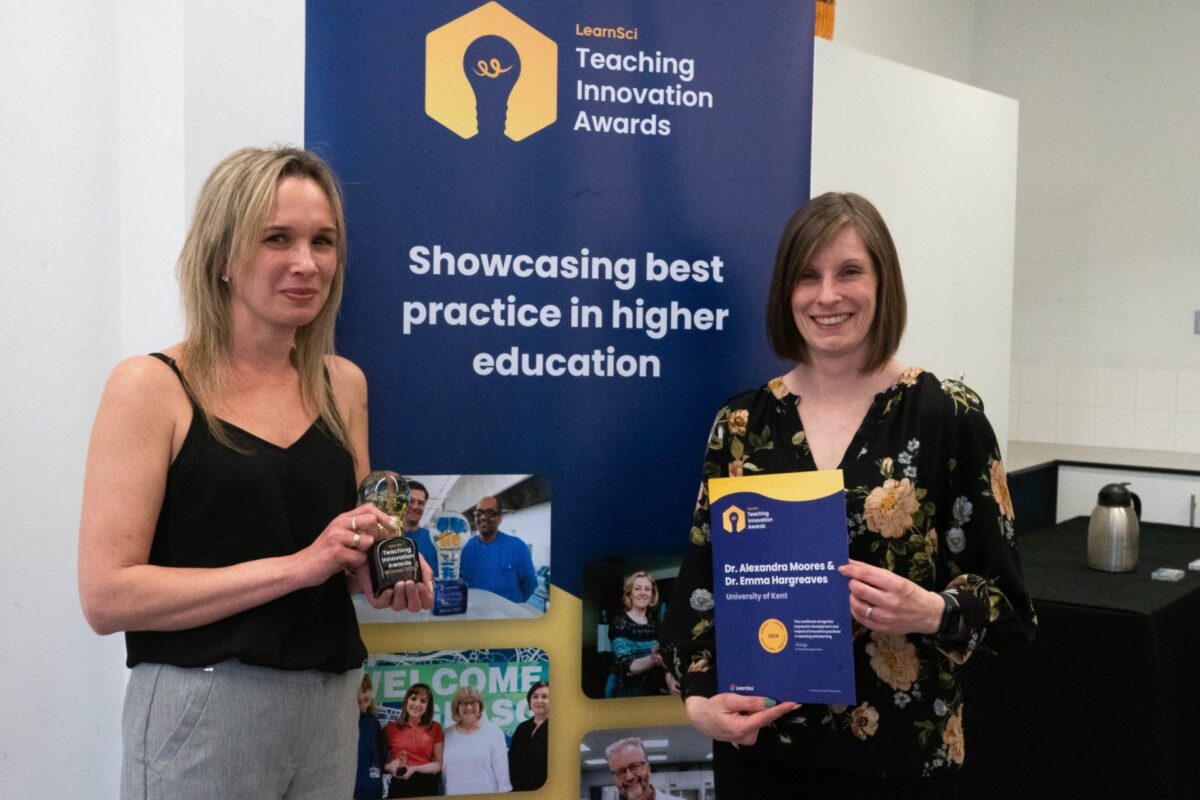Multigenerational Learning: The Benefits and Challenges of Pursuing Higher Education with a Family

In recent years, higher education has significantly shifted to focus more on AI and the evolving workforce to meet society’s diverse needs. A notable trend in this shift is the rise of multigenerational learning, where students from various age groups, often including those with families, pursue higher education together. This dynamic brings unique benefits and challenges, particularly for students balancing academic aspirations with family responsibilities.
Diverse Perspectives Enhance Learning
One of the most significant benefits of multigenerational learning is the rich diversity of perspectives it brings to the classroom. Mature students, often with considerable life and work experience, can provide practical insights and real-world applications that younger students may lack. Conversely, younger students often introduce fresh ideas and contemporary viewpoints, fostering a dynamic and engaging learning environment. It also opens up conversations both groups may not have had with each other, bringing diverse experiences to their higher education experience. This blend of experiences and ideas enriches discussions and can lead to a more comprehensive understanding and innovative problem-solving approaches.
Enhanced Support Systems
Students with families often develop strong support networks within their academic communities. According to the NUS Student Parent Experience Report, “Student parents’ experiences of friendship with course mates varied according to a number of different factors, but on the whole, where there were a number of students with children on a course, their experience seemed to be better”. These networks can be invaluable, offering emotional support, sharing resources, and providing practical advice. For instance, a parent struggling with balancing study and childcare can receive helpful tips from a fellow student who has navigated similar challenges. They may also get support from a wellbeing officer in their institution or help from a tutor. Such camaraderie fosters a sense of belonging and reduces the isolation that can sometimes accompany the pursuit of higher education. The NUS Student Parent Experience Report added: “Those who were already involved in networks of parents said how helpful it was to talk to people “who knew what (they) were talking about”, and described how much easier it was to cope knowing “that you’re not alone”.
Improved Time Management and Organisational Skills
Balancing family commitments with academic responsibilities requires exceptional time management and organisational skills. Students with families quickly learn to prioritise tasks, juggle multiple responsibilities, and make efficient use of their time. Students may need to develop organisational skills in order to complete projects on time, whilst also managing family responsibilities at home. These skills are not only crucial for academic success but also highly valued in the workplace, giving these students a competitive edge in their careers.
Financial Strain
While there can be plenty of benefits to a student with a family studying full time, there are often challenges they also have to face. One of the primary challenges for students with families is the financial burden of higher education. Tuition fees, textbooks, and other academic expenses can strain already tight household budgets. Additionally, the need to reduce working hours to accommodate study can further increase financial pressures. It’s essential for institutions to offer robust financial support, such as scholarships, grants, bursaries, and flexible payment plans, to help relieve some of this strain. For example, Oxford Business College offers a bursary programme which is designed for students from a low-income background, or for students having to support themselves financially through their studies.
Time Constraints and Stress
Juggling family responsibilities with academic demands can lead to significant stress and time constraints. Even those with the best organisation and time management skills will find it difficult to always balance everything. Parents, in particular, may find it challenging to allocate sufficient time for studying, attending classes, and completing assignments while also fulfilling their roles as caregivers. This can result in increased stress and, in some cases, burnout. Effective time management strategies, such as creating a detailed schedule, setting realistic goals, and seeking support when needed, are crucial for managing these challenges.
Limited Social Integration
Students with families may also face difficulties in integrating socially with their peers. Traditional college activities, such as late-night study sessions, social events, and extracurricular activities, may be less accessible to those with family commitments. This can lead to feelings of isolation and a reduced sense of community. Institutions can mitigate this by offering family-friendly events and creating inclusive spaces where all students can participate and connect.
Strategies for Success
So, what are the strategies for success which can help students with a family who are trying to achieve a higher education qualification to succeed?
Firstly, educational institutions should offer resources designed to help these students learn and care for their children. Many educational institutions offer resources specifically designed to support students with families. These can include on-campus childcare facilities, family housing options, counselling services, and academic advising tailored to the needs of non-traditional students. Utilising these resources can significantly ease the burden on student-parents.
Additionally, connecting with other students in similar situations can provide much-needed support and camaraderie. Joining or forming student groups focused on family life, attending workshops, and participating in community activities can help build a robust support network.
Flexible learning options are also extremely helpful to students with children to care for. Institutions should continue to expand flexible learning options, such as online courses, evening classes, and part-time programmes. These alternatives can make it easier for students with families to pursue their educational goals without sacrificing their family responsibilities.
Conclusion
Multigenerational learning presents a unique and enriching educational experience, blending diverse perspectives and fostering a supportive academic community. While pursuing higher education with a family comes with its own set of challenges, the benefits—ranging from enhanced learning environments to improved life skills—are substantial. By leveraging institutional resources, building strong support networks, and advocating for flexible learning options, students with families can successfully navigate their academic journeys and achieve their educational goals.
By Mr Sarwar Khawaja Chairman, Executive Board, Oxford Business College











Responses